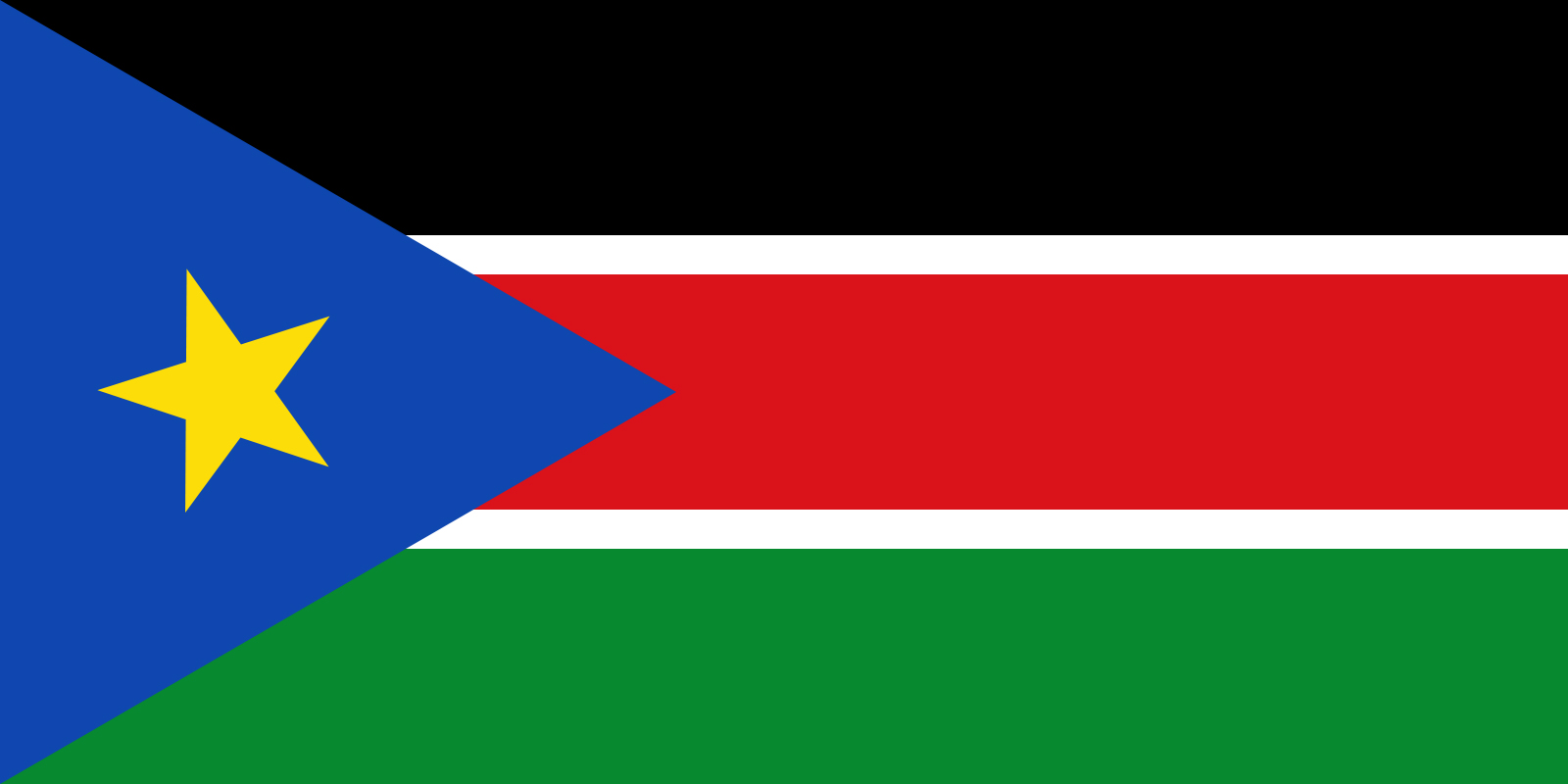African states should support both technical advice and scrutiny
As the UN Human Rights Council is considering two draft resolutions on South Sudan, it is important for states to prioritise the rights and needs of victims and survivors of atrocities committed in the country, when they assess what the Council’s response should be.
In recent reports, High Commissioner Bachelet, the UN Mission in South Sudan (UNMISS), and the Commission on Human Rights in South Sudan (CHRSS) have all made clear that South Sudan remains among the most serious situations on the African continent. Human rights violations remain gross, widespread, and systematic. Impunity remains near-total.
While civil war has not resumed at the national level since September 2018, myriads of localised conflicts pose a massive threat to the country’s stability. Risk factors of further violence and atrocities are significant. Civil society actors are also facing an intensifying crackdown.
In a letter released ahead of the Council’s 49th session, civil society (with an unprecedented number of signatories: 81) urged the Council to renew the mandate of the CHRSS. This is what the draft resolution presented by the core group (this year under item 2) seeks to achieve.
The CHRSS remains a vital mechanism. Its broad mandate enables the international community to shine a light on atrocities committed against South Sudanese citizens, including sexual violence against women and girls.
Civil society stresses that moving to a purely “technical assistance” approach and discontinuing the mandate of the CHRSS would be premature. I stress that it would be a mistake. Focusing on technical assistance would mean setting investigations and accountability aside. It would mean running the risk of giving perpetrators a free pass and allowing them to commit further atrocities with impunity.
UN member states should send the right signal to South Sudan. African states should not fail the South Sudanese people.
While enhancing the provision of technical assistance and capacity-building services to the country is legitimate (in particular to finally establish transitional justice institutions), African states should in parallel support the extension of the mandate of the CHRSS to ensure ongoing scrutiny and accountability in South Sudan.
Hassan Shire
Executive Director, DefendDefenders
Chairperson, AfricanDefenders

